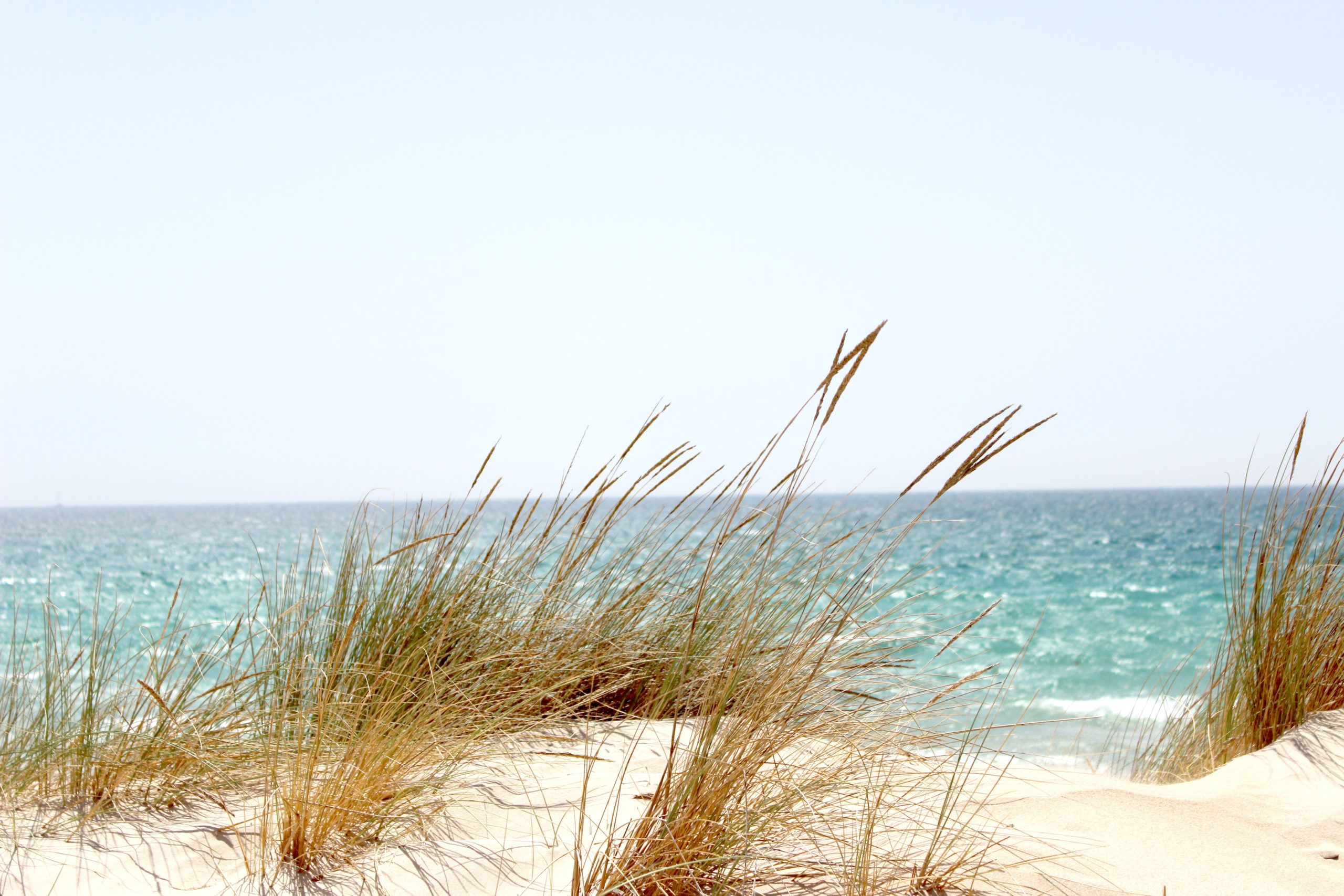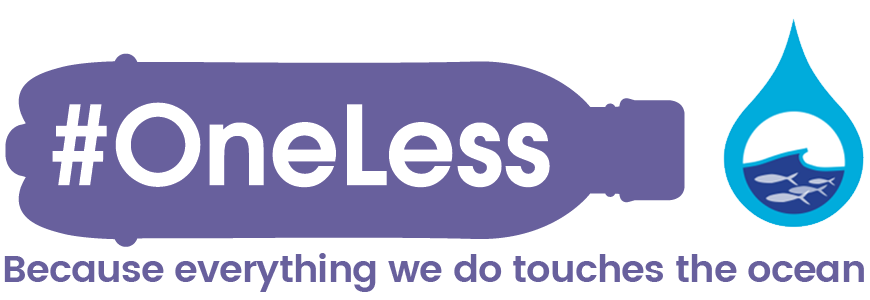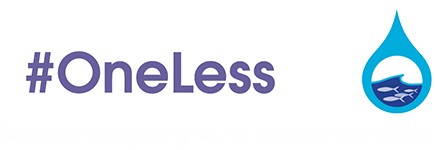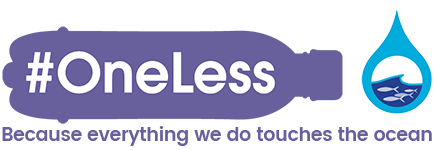Between re-watching a favourite series, baking bread or organising the family video chat, many of us are adhering to the very necessary lockdown measures and may be feeling like nature is further away than ever before.
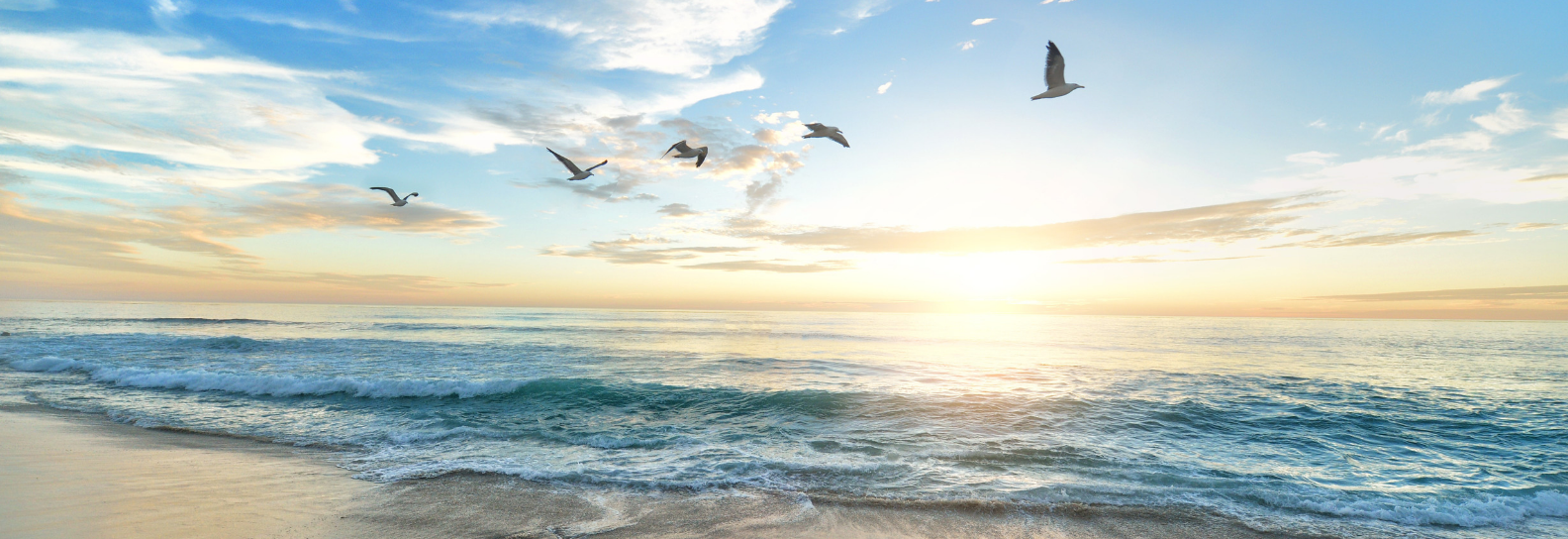
The effects of the pandemic and loss of free access to the natural world is challenging for everyone, particularly for those living in urban centres like London. Are you missing the ocean? Do those weekend trips to the coast for a little revitalising sea air now seem like a far off dream? That’s why the #OneLess team would like to share a few ideas on how you can bring the ocean to you, during a time when we need it most.
- #OneLess has always championed London as a coastal city, directly linked to the ocean via our great River Thames. Through the Thames, Londoners are connected to the ocean every day. Londoners may not be feeling this coastal connection at the moment, but if we look closely at the natural environment around us, there are everyday signs of nature and spring – butterflies emerging, the warmer, fresher days, and the green leaves on trees. We must remember that all life on Earth is connected through the ocean and its essential services.
- Right now, there’s a growing movement inviting people to keep connected to nature – physically and virtually. #SolaceInNature or #WildlifeFromMyWindow are great ways to virtually check-in with our big blue planet by seeing and sharing everything it continues to do for us, so we can continue to feel connected to our environment. These things, however small, support our physical and mental health.
- The sound of the sea is unlike any other medicine and has shown to reduce stress and create a sense of calm. Our family at the Marine CoLAB has compiled a beautiful ocean sounds playlist in case you find yourself missing the familiar seaside sounds. Enjoy listening to soothing background sounds as you cook, read, or fall asleep.
- In moments like these we can come together virtually over our shared love of the ocean and UK coastline. If you’re feeling particularly creative, join Surfers Against Sewage #WavesOfOptimism campaign by drawing or capturing the perfect wave.
- If you’re out for some fresh air, don’t forget to do a quick #IsolationBeachClean and tag a picture with the hashtag on Instagram, Twitter or other social media account to support Surfers Against Sewage’s beach clean campaign, safely picking up any unwanted plastic waste near to your home.
- Next time you reach for the TV remote, there are plenty of ocean documentaries allowing us to escape to far away shores, including David Attenborough’s interactive journey through the Great Barrier Reef. This stunning documentary features an interactive map where you can learn more about one of the most biodiverse ocean ecosystems on the planet. Londoners looking for something a little closer to home can reconnect with the River Thames through the Thames Estuary Partnership’s multi-award winning ‘The Living Thames Documentary’, which showcases the incredible history of London’s artery to the ocean.
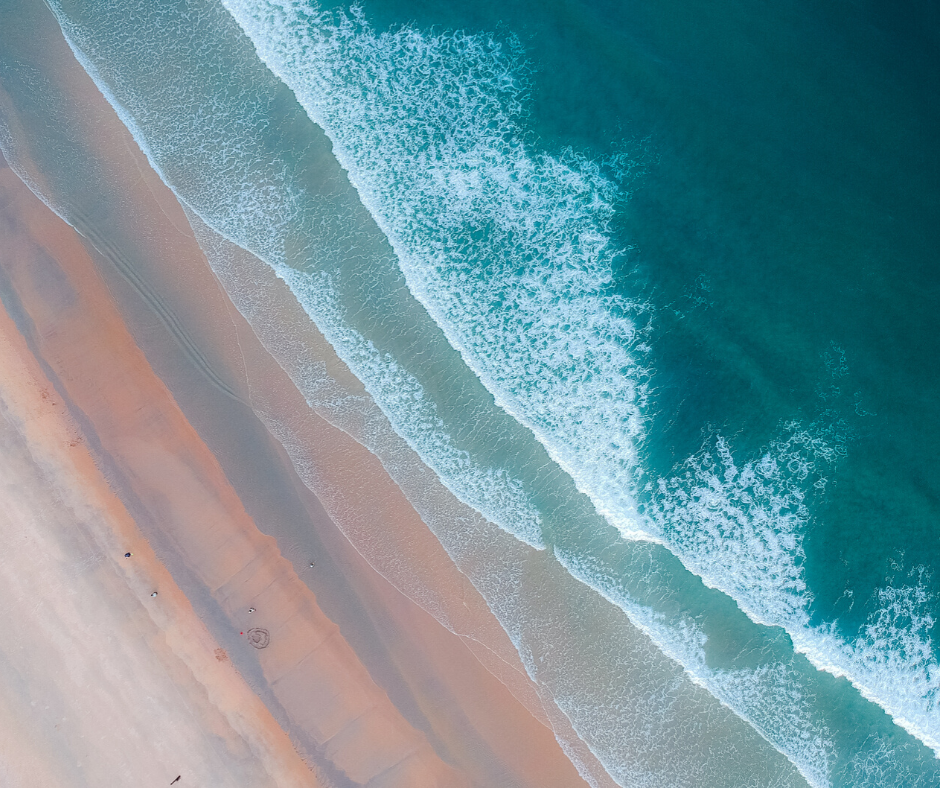
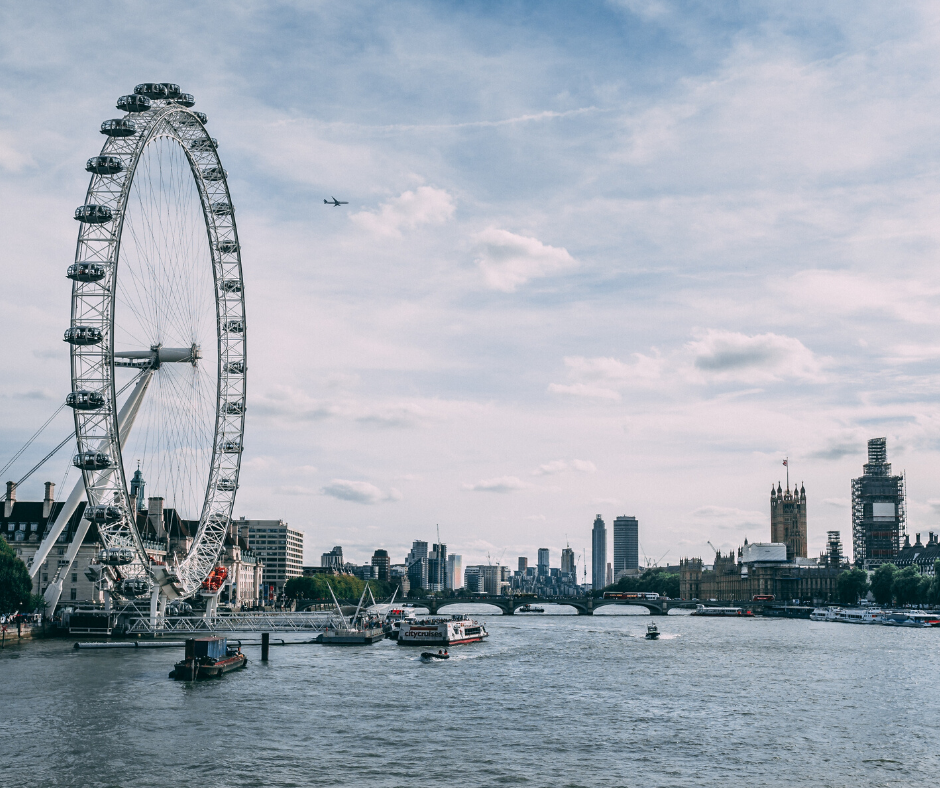
These examples are just the tip of the iceberg, but they provide an opportunity to stay connected to what we value and love: our ocean and the natural world. Over the past few years, people all around the world have been working tirelessly to protect the ocean and reduce the impact of plastic pollution. Now is the time to accelerate this work.
One thing we have learned through this global crisis is the importance and power of a strong community. One such community is the #OneLess pioneer network – a group of over 90 businesses, sports venues, tourist attractions, universities, local councils and other organisations in London who are removing single-use plastic water bottles and encouraging refilling and reusing. They are pioneering alternatives to plastic water bottles and have thus far ensured that:
- 3 million single-use plastic water bottles eliminated since 2015,
- 335 drinking fountains installed in their organisations or public spaces,
- 16,700 refillable bottles handed out to staff or members of the public
- Over 6.6 million other single-use plastic items removed from their organisation or public spaces, such as cutlery, stirrers, straws and sachets.
We’ve seen the #OneLess movement at the forefront of action against ocean plastic. The ocean supports all life on Earth and its health is inseparable from our own. This is a blue planet and we need the ocean more than ever right now. We must work to support nature and all life which relies on it. For now, that might mean trying to reconnect virtually to nature in whatever way is possible, while continuing to limit single-use plastic pollution by refilling a clean reusable bottle at home.
Happy World Ocean Day 2020!
